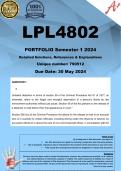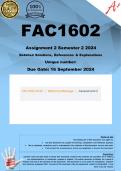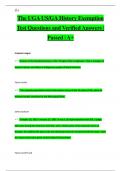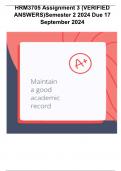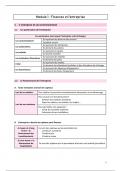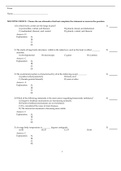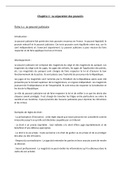Exam (elaborations)
LPL4802 MAY JUNE PORTFOLIO (COMPLETE ANSWERS) Semester 1 2024 - DUE 30 May 2024 ;
- Course
- Institution
- Book
LPL4802 MAY JUNE PORTFOLIO (COMPLETE ANSWERS) Semester 1 2024 - DUE 30 May 2024 ; 100% TRUSTED workings, explanations and solutions. for assistance Whats-App 0.6.7..1.7.1..1.7.3.9 ................. QUESTION 1: NATURE AND ASSESSMENT OF NON-PATRIMONIAL LOSS (INJURY TO PERSONALITY) Study the case on...
[Show more]
